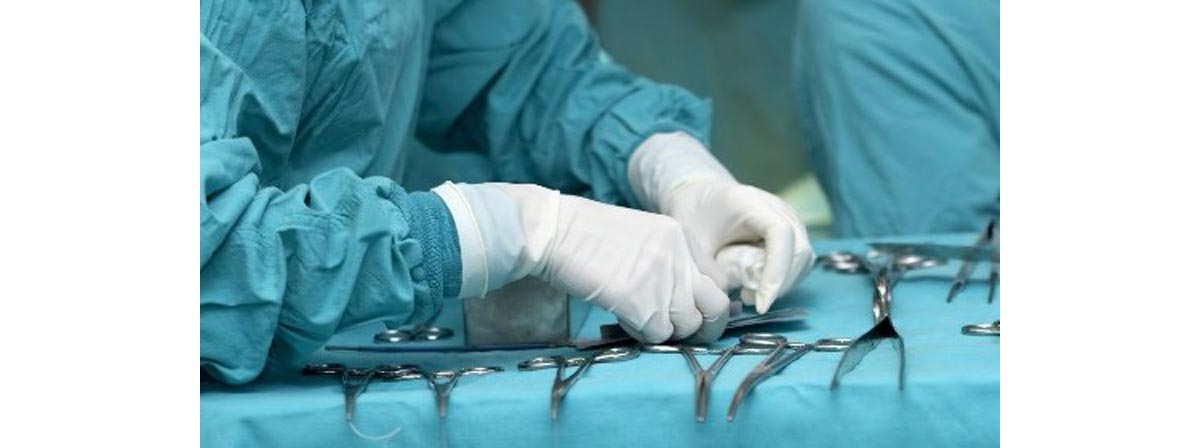Table of Contents
It's no secret that medical care in the United States is extremely expensive. What is more surprising, though, is that botched medical care in the United States is even more expensive. A published article in the Journal of the American Medical Association tells us that surgical complications can give more money to the hospital. How? Let's take a look at some stories.

Robert received six stents in five procedures for blocked arteries after he had a heart attack, and after six weeks in the hospital, he was released with a bill of $474,301. Ten days later his cardiologist told him that "Oops, we really should have done a bypass," and he was readmitted for another hospitalization that cost $250,000. Overall both visits to the hospital were extremely expensive.
Jill was diagnosed with a cancerous bone tumor in her right leg. The surgeon, however, amputated her left leg instead of her right. After the realization, she had to have her right leg amputated, too, and her insurance company was billed for both procedures.
Reggie was admitted to the hospital to receive a pacemaker. When the interventional cardiologist took a look at his EKG, however, he realized that Reggie probably wouldn't survive cardioversion, which is restarting the heart, this is required if a pacemaker is installed for a patient. Not willing to waste an entire half an hour in the operating room, however, the surgeon just decided to install a defibrillator instead, at a cost of $45,000. Three months after the procedure the same doctor put Reggie in a hospice program, and Reggie died just six weeks later. Reggie's family was rightfully horrified that the hospice nurse did not know how to turn off the defibrillator after Reggie had passed away.
In fact, mistakes happen to make hospitals lots of money. A team of researchers affiliated with the Massachusetts Eye and Ear Infirmary and Harvard Medical School, who published their findings in the Journal of the American Medical Association found out in their research that:
- Depending on the procedure, between 3 percent and 17 percent of patients suffered at least one post-surgical complication.
- The average cost of a surgical complication was usually an additional $8,084, when all payment types (self-pay, Medicaid, Medicare, and private insurance) were considered when evaluating this number.
- The average post-surgical complication netted the hospital system the authors studied $1,749 per patient when Medicare paid the bill.
- The average post-surgical complication netted the hospital system the authors studied a whopping $39,017 per patient when private insurance paid the bill.
So when doctors make mistakes, hospitals make more money. The clear finding of this study, which only considered nine common surgeries, ten common complications, and 12 hospitals in a non-profit hospital system in the southern United States, is that hospitals don't have an incentive to get you well. They have an incentive to treat you longer. What can you do about that?
- Eappen S, Lane BH, Rosenberg B, Lipsitz SA, Sadoff D, Matheson D, Berry WR, Lester M, Gawande AA. Relationship between occurrence of surgical complications and hospital finances. JAMA. 2013 Apr 17. 309(15):1599-606.
- Lapar DJ, Bhamidipati CM, Walters DM, Stukenborg GJ, Lau CL, Kron IL, Ailawadi G. Primary payer status affects outcomes for cardiac valve operations. J Am Coll Surg. 2011 May. 212(5):759-67. doi: 10.1016/j.jamcollsurg.2010.12.050. Epub 2011 Mar 12. PMID: 21398153.
- Photo courtesy of New Media Ba by Picasa : picasaweb.google.com/104919940046622069790/Zene#5586495859140462146
- Photo courtesy of Avinash Bhat by Flickr : www.flickr.com/photos/68177867@N00/6826573698/


Your thoughts on this